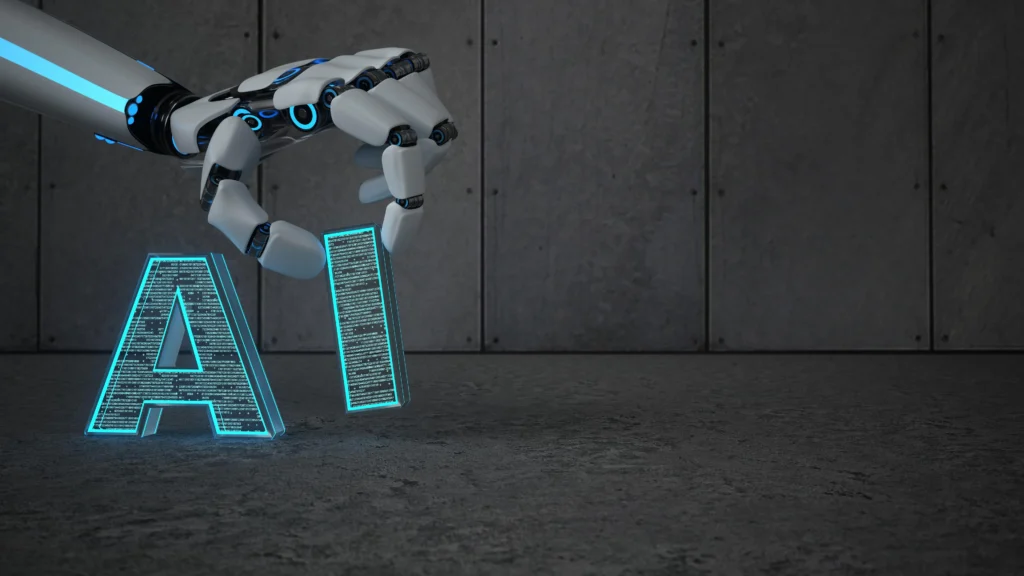Recent advances in AI have seen large changes across sectors in available jobs. Some experts on YouTube like Full Disclosure have divided the work landscape into four sectors, to see who’s most likely to be affected by AI. The crème of the crop in highly skilled industries will, of course, retain their jobs, especially if these are industries which require a human touch. Those doing blue collar jobs that are low on skills are also safe for a while, but those with skill based jobs that don’t require a lot of specialisation will see opportunities diminish. Even worse off will be people with high skilled jobs that are easily replaceable.
Yet, it’s not all doom and gloom for the demand falling in one sector just signals increase in other sectors. AI experts, people who can work with AI or on AI, will see a spike in demand, which aligns well for those who have the resources to gain skills. Alongside this is that in many areas the human touch is becoming more valued, such as content where Google itself is pushing forward human-centric content.

Though, all this stands to change with AI getting better at what it does, and tech layoffs show that it’ll change something. Whether for better or for worse. While it’s unlikely it’ll happen by 2030, we too stand to see modernisation eventually take over blue collar jobs in India, as it already seems to be taking many over background processes in businesses, despite the debate over its environmental impact and how it affects climate goals.
What might 2030’s job market in India look like thanks to AI?
EY has said AI will drive up productivity and reshape 38mm jobs in India by 2030. Given that productivity is falling due to extremes temperatures, the first part of the equation could be a good thing, keeping things moving so as to speak. Experts though, also warn of a white-collar recession in India by 2027, despite WEF also stating the globally AI will generate 12 million jobs more than those it’ll take over.
That? It’s set to happen by 2025, if predictions prove true. In India, we are essentially looking at 20 million new jobs with about 40-45 million workers having to reskill. One of the sector that will be hit the hardest, if predictions come true, might be the manufacturing sector in India, which is why the government is pushing reskilling initiatives.
Also check:- Byju Raveendran and the Rollercoaster Ride of BYJU’s
While we can see how AI and other forms of machine learning will impact the job sector, there are other factors to consider as well, such as emerging jobs in the sustainability sector, the falling birth rates and the fear of an aging population, how agriculture one of the biggest sectors in India is also one of the least automated. For now, workers should consider upskilling, picking up communication skills, positioning themselves as irreplaceable experts, and building networks, but of course, those are just the author’s two cents. To stay updated with geopolitical and other changes in India, stay tuned to NB news.

